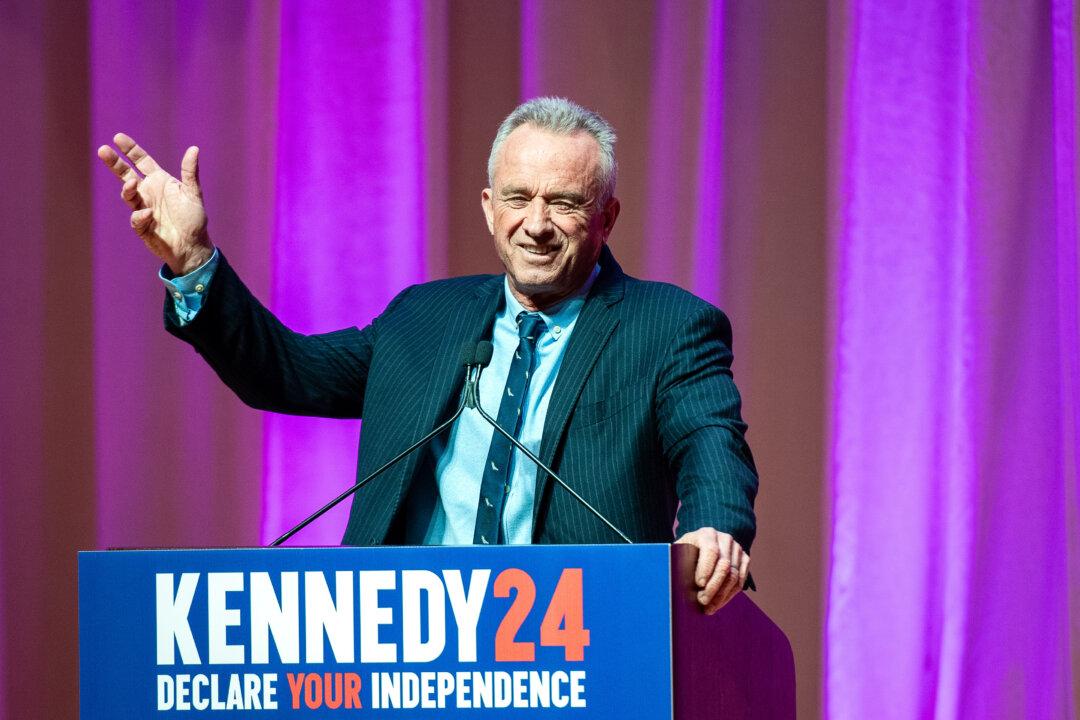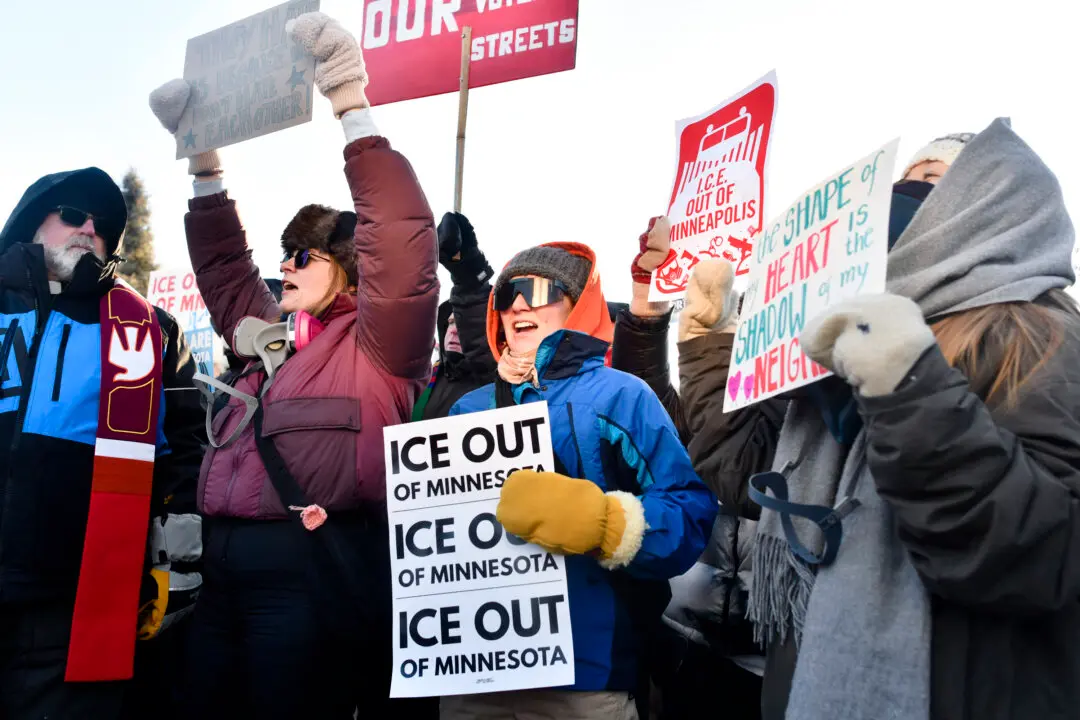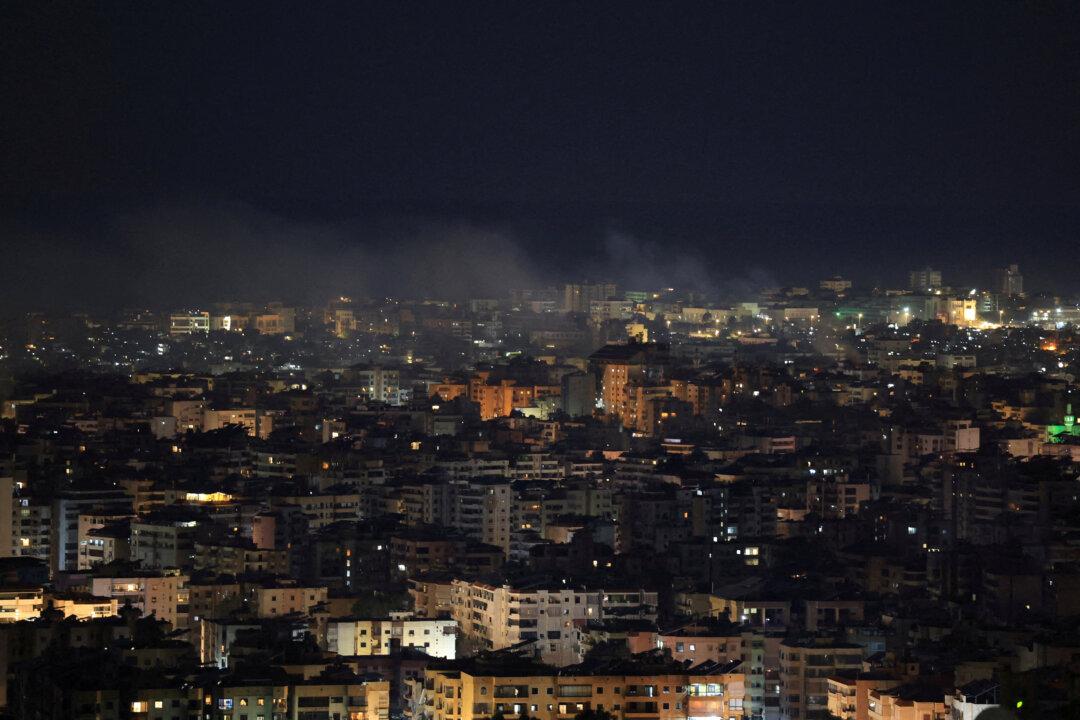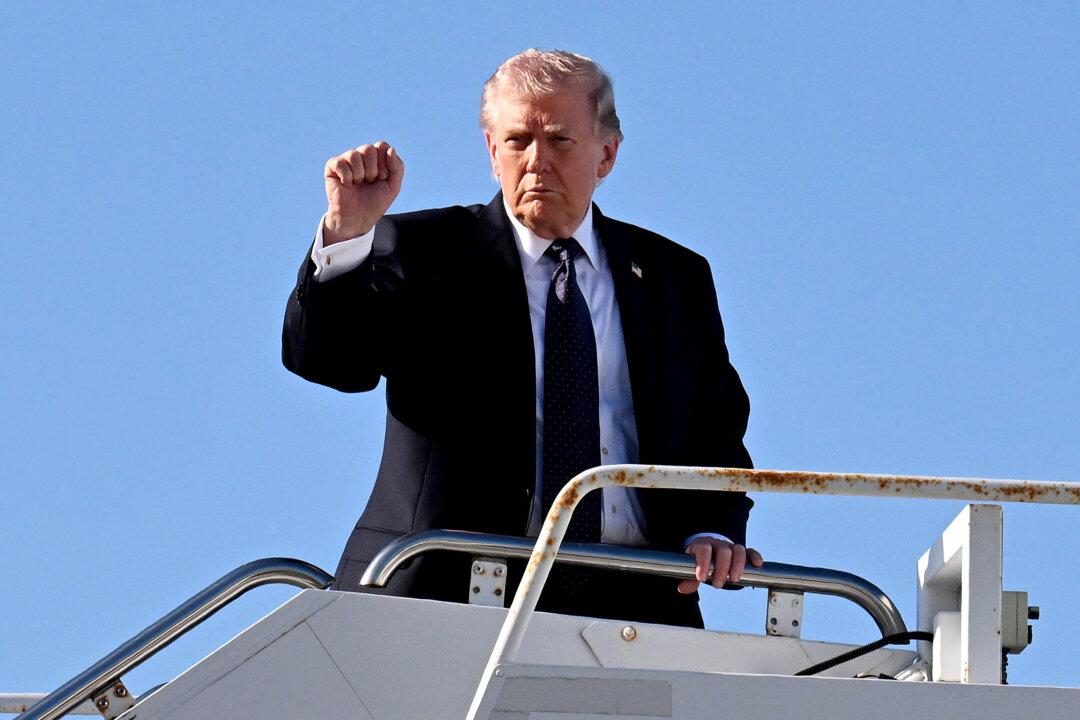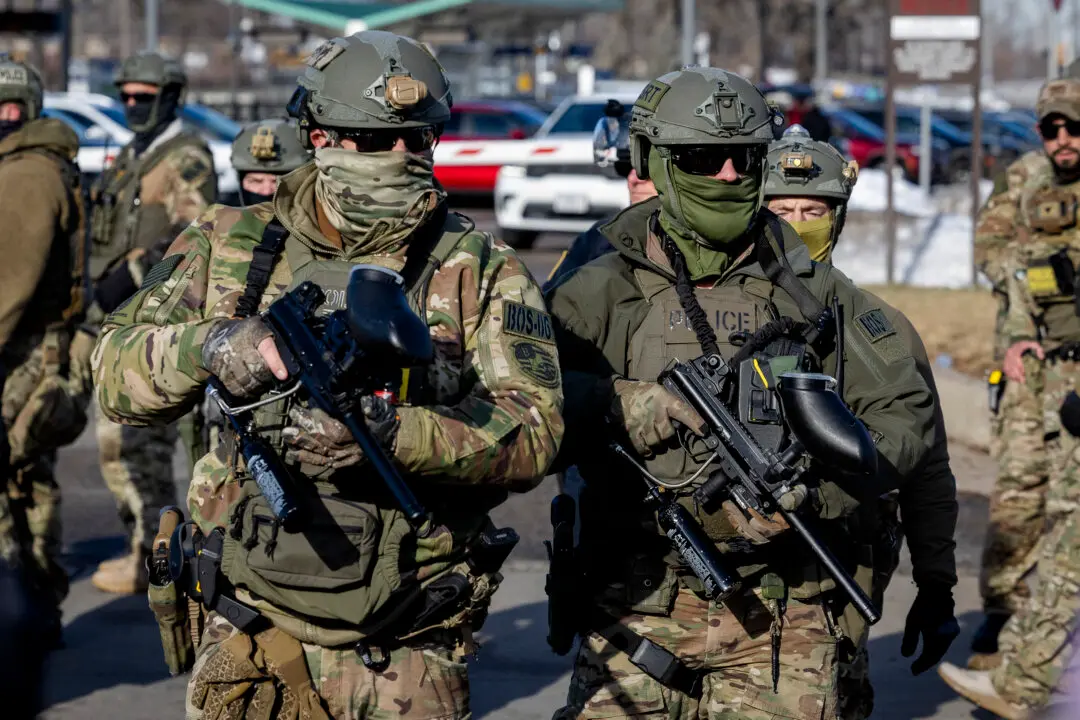Independent presidential candidate Robert F. Kennedy Jr. said on March 19 that the government should avoid intervening in social media policies because such actions could create a “First Amendment problem.”
During an interview with NewsNation, Mr. Kennedy said he believed that social media platforms should be free to establish “programs, processes, or community rules with a consensus.”
